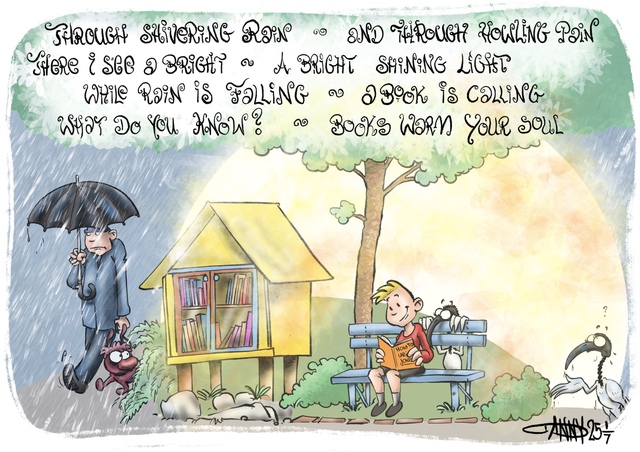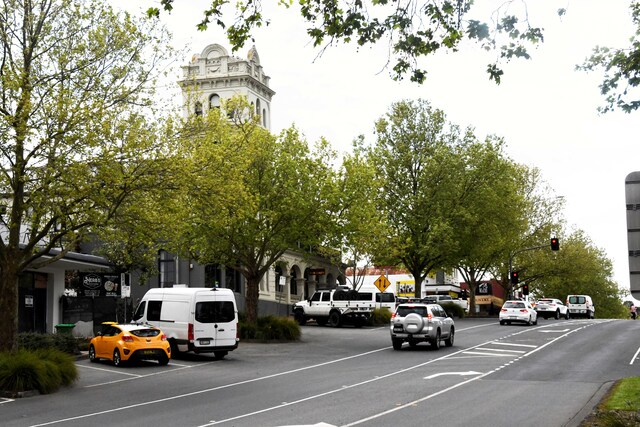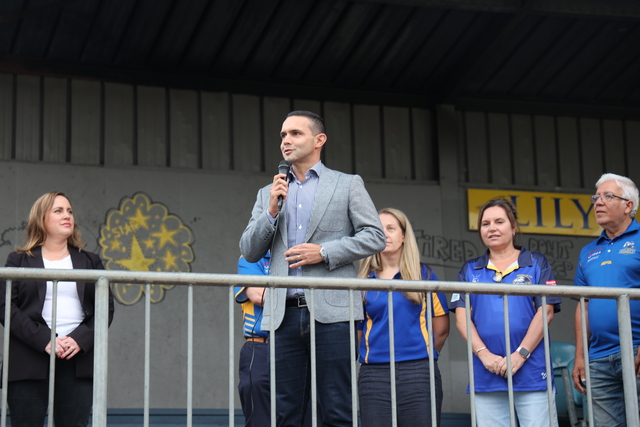Woori Community House is making an effort to care for carers, with the establishment of a weekly Linking Carers Hub.
In coordination with the wider Community Houses Association of the Outer Eastern Suburbs (CHAOS) project, The Linking Carers Hub aims to bring carers together on a Wednesday morning from 10am to 12pm at the Woori Community House at Shop 5/ 1535 Healesville-Koo Wee Rup Rd, Woori Yallock.
Organiser of the hub and carer Robyn Coslovich said often a carer’s whole life revolves around the person they care for and they forget who they are.
“This hub is all about trying to give people another outlet that they can come and just be themselves if they want to learn from each other they can, it’s there for them to enjoy and be a safe space,” she said.
“If they want to unload they can rant and rave and vent and kick and scream or they can dance and celebrate their successes.”
Anyone who provides unpaid care or support with a disability, mental illness, chronic health issue or is an older person with care needs is welcome. Those who receive a carer’s allowance are still classified as unpaid.
Carer and Woori Yallock resident Pamela Ressom said she found it difficult raising her three children, including her daughter with Downs Syndrome.
“While I had support from family and friends, particularly my mum, there is still a lot of organising and behind-the-scenes stuff that goes on,” she said.
“There was a lot of support but for carers there wasn’t a lot of support for individualised things which is coming to the forefront now over the last couple of years. I find networking with carers really important, learning more information from another carer on what’s available in the area. People will tell each other things they’ve tried and liked and it’s great, I’ve already contacted a few people here.”
Ms Ressom has over the years sought help and respite from organisations such as Interchange Disability Support Outer East and Villa Maria Catholic Homes which offer support programs for both disabled people and their carers.
Ms Ressom and Ms Coslovich said there is a lot of adversity to face with disability.
“The community is becoming more aware of disabilities. Dominique going to mainstream primary school helped our community get to know her and the children were quite accepting while sometimes parents were not. I had parents complain about her being in the choir or the play,” Ms Ressom said.
“Sometimes I had to just offload him to family or friends because I couldn’t handle him anymore. If I had $1 for every time somebody said ‘Give him to me, I’ll fix him up in a week’. I just thought ‘Good Luck’, they don’t understand what disability is or how it works because they hadn’t had to deal with it,” said Ms Coslovich.
The hub is focusing on providing a relaxing and welcoming space for carers to enjoy social connections, as well as work on their digital literacy skills, engage in health and wellbeing activities such as arts and crafts or yoga and support to establish businesses or explore volunteering or employment opportunities.
Carer Janette Russell is trying to start operating a small farm business and said having a local source of support is very helpful.
“Our first week was really good and I enjoyed meeting new people, finding out things going on in the community and feel supported. There are a lot of exciting things to learn and explore and do some different things that I haven’t done before,” she said.
“It’s really nice to hear other people’s perspectives and what they go through because it’s different for everyone. You are not alone, but it can feel like that. Before I was going down to Ringwood and Ferntree Gully a lot, but with starting a business, my son’s activities stepping up and petrol prices going up, having a local opportunity has made such a difference.”







